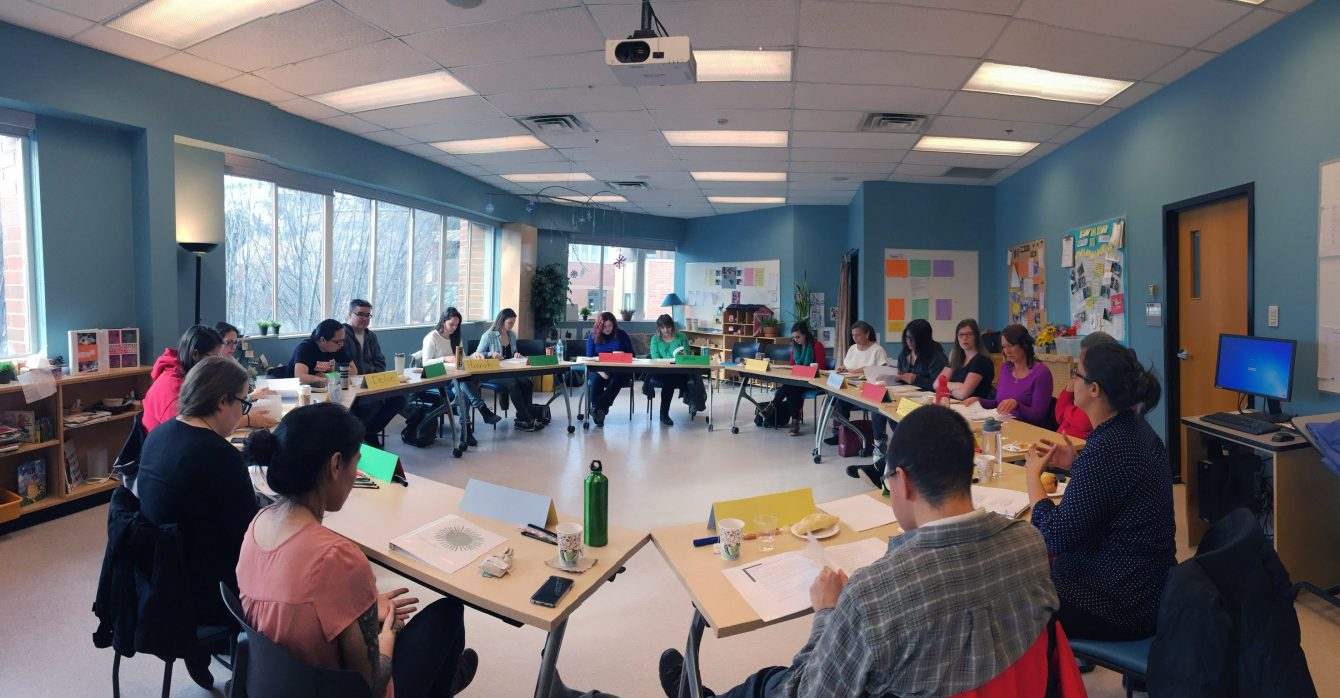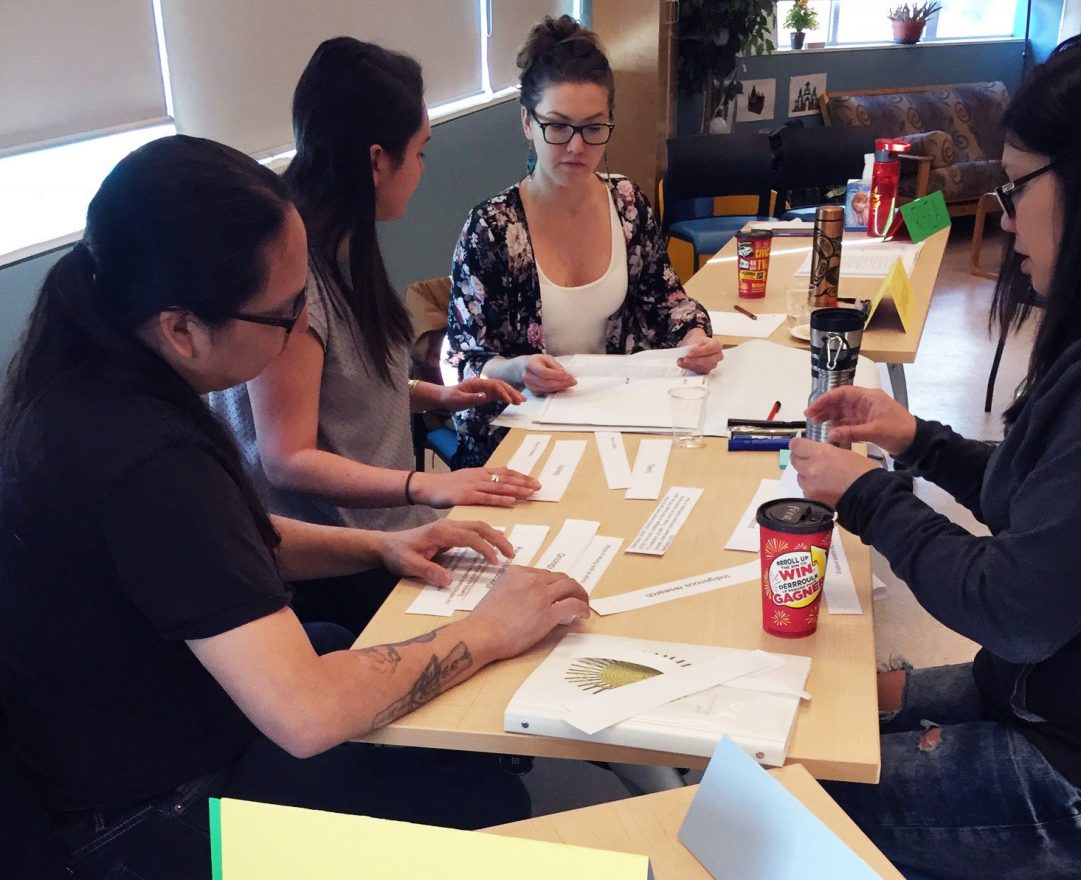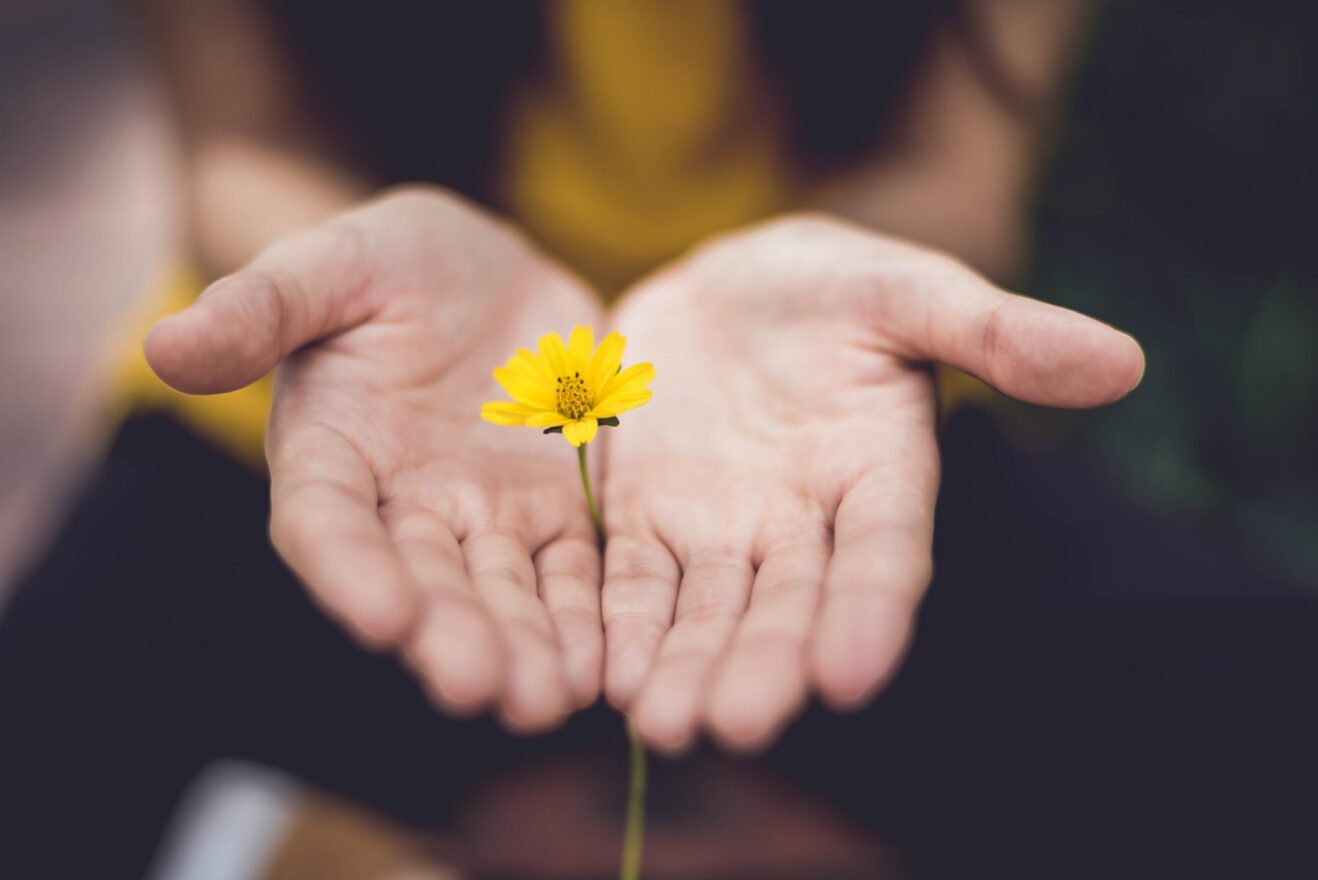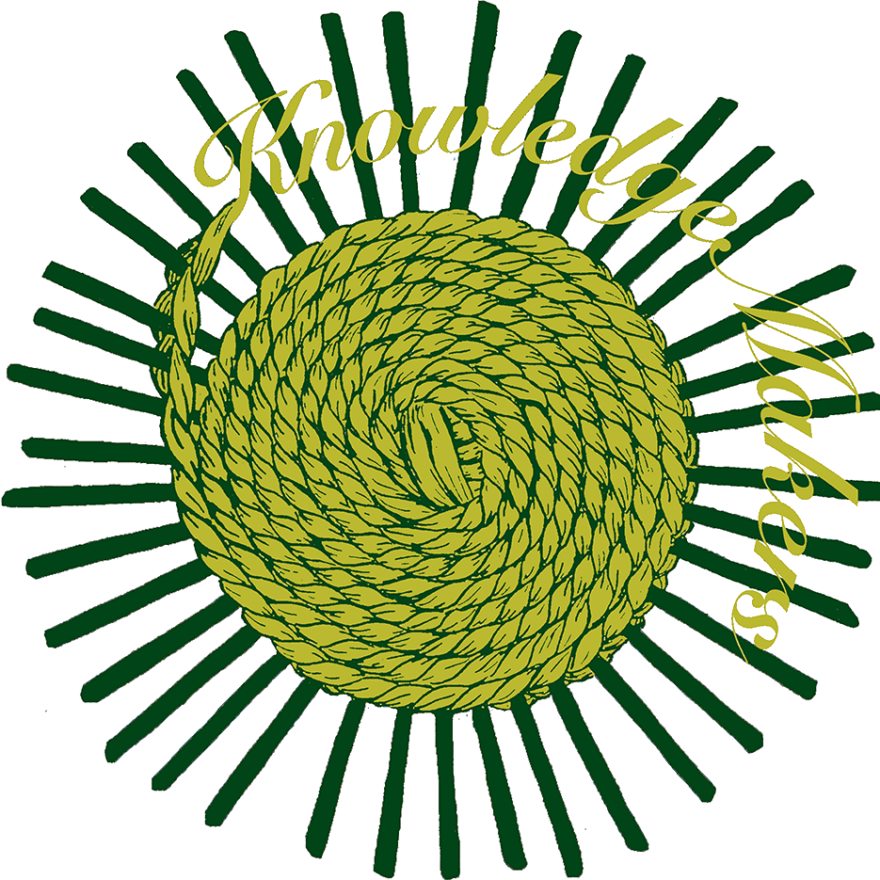about Knowledge Makers history
Born from a desire to support Indigenous undergraduate students in becoming researchers,
Knowledge Makers started with fourteen students and a two-day workshop that explored Indigenous research. We came together with the support of our families, Elders, administrators, faculty, staff, and each other to create something that expresses the importance of being Indigenous researchers, and the breadth and possibilities of Indigenous research methodologies. This communal sharing of knowledge led to the inaugural Knowledge Makers publication.
Knowledge Makers is a collaborative teaching initiative where Indigenous undergraduate students learn the process of research, and how to publish research as Indigenous researchers. Based at Thompson Rivers University, we bring together up to 15 Indigenous undergraduate students each year from across the university to learn how to ‘make knowledge’ through a multi-modal approach.
Learn more about publications that discuss the creation of Knowledge Makers here.


what we want to do
About Our Mission
We are committed to transforming universities by providing support, fostering collaboration, and creating publishing opportunities for Indigenous students across diverse disciplines, while advancing meaningful engagement with Indigenous knowledge and research.
how we will get there
About Our Vision
We envision an Indigenous research network that empowers Indigenous academic authors, creates a journal accessible to all, and fosters the immersion, preservation, and transmission of Indigenous knowledge for future generations.
About the Knowledge Makers Symbol
The symbol of Knowledge Makers is the traditional Secwépemc Nation craft of the pine needle basket.
Levi Glass, a Knowledge Maker in 2016, created this symbol to incorporate two elements:
- The acknowledgement that Knowledge Makers is about the many generations of Indigenous knowledge that came before us.
- That our work together is weaving a future generation of Indigenous researchers.
Blog
What are we working on right now?
Check out what we’ve accomplished and what’s coming up by exploring our recent blog posts.

